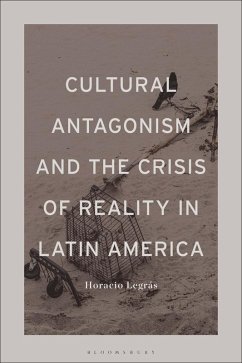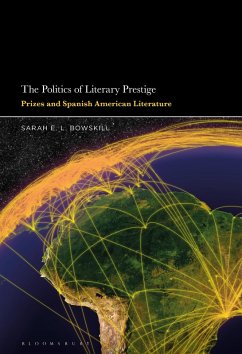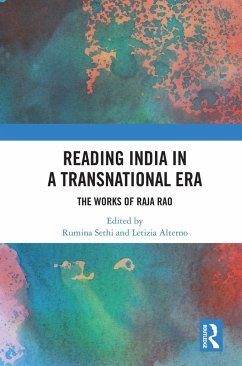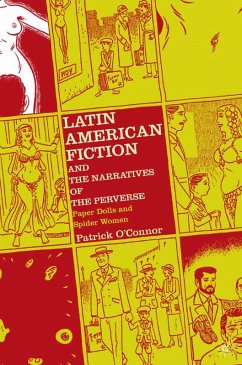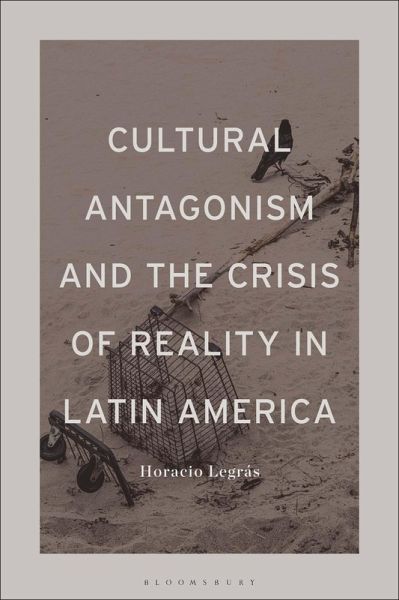
Cultural Antagonism and the Crisis of Reality in Latin America (eBook, PDF)
Versandkostenfrei!
Sofort per Download lieferbar
24,95 €
inkl. MwSt.
Weitere Ausgaben:

PAYBACK Punkte
12 °P sammeln!
For most of the 20th century, Latin American literature and art have contested political and cultural projects of homogenization of a manifestly diverse continent. Cultural Antagonism and the Crisis of Reality in Twentieth-Century Latin America explores literary and humanist experimentations and questions of gender, race, and ethnicity as well as the contradictions of capitalist development that belie such homogenization by reconfiguring the sense of the real in Latin America. Covering four key geographical areas, Mexico, the Caribbean, Central America and the Andes, every chapter delves into ...
For most of the 20th century, Latin American literature and art have contested political and cultural projects of homogenization of a manifestly diverse continent. Cultural Antagonism and the Crisis of Reality in Twentieth-Century Latin America explores literary and humanist experimentations and questions of gender, race, and ethnicity as well as the contradictions of capitalist development that belie such homogenization by reconfiguring the sense of the real in Latin America. Covering four key geographical areas, Mexico, the Caribbean, Central America and the Andes, every chapter delves into a question that has been central to the humanities in the last 20 years: Indigenous world-views, gender, race, neo-liberalism and visual culture. Legrás illuminates these issues with a thorough consideration of the theoretical questions inherent to how new identities disrupt the imaginary stability of social formations.




